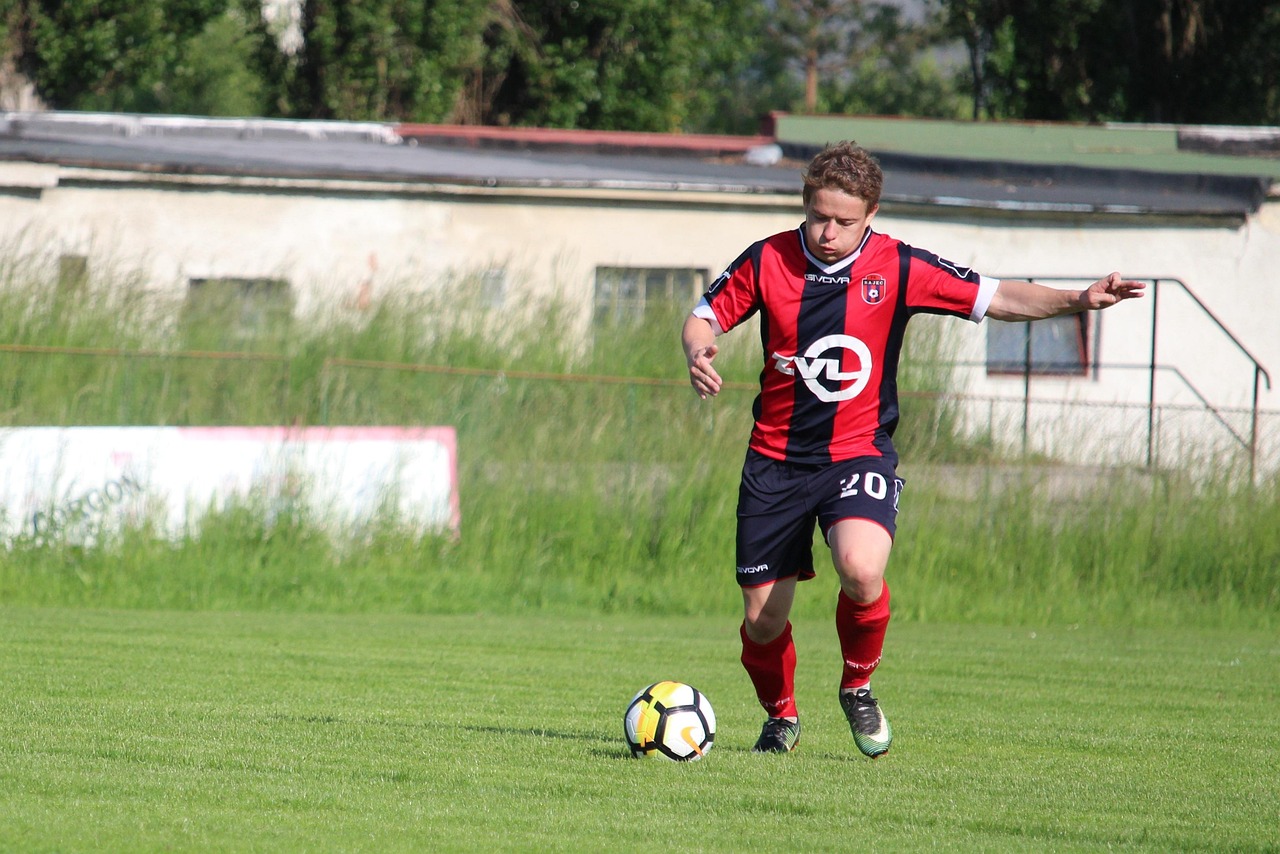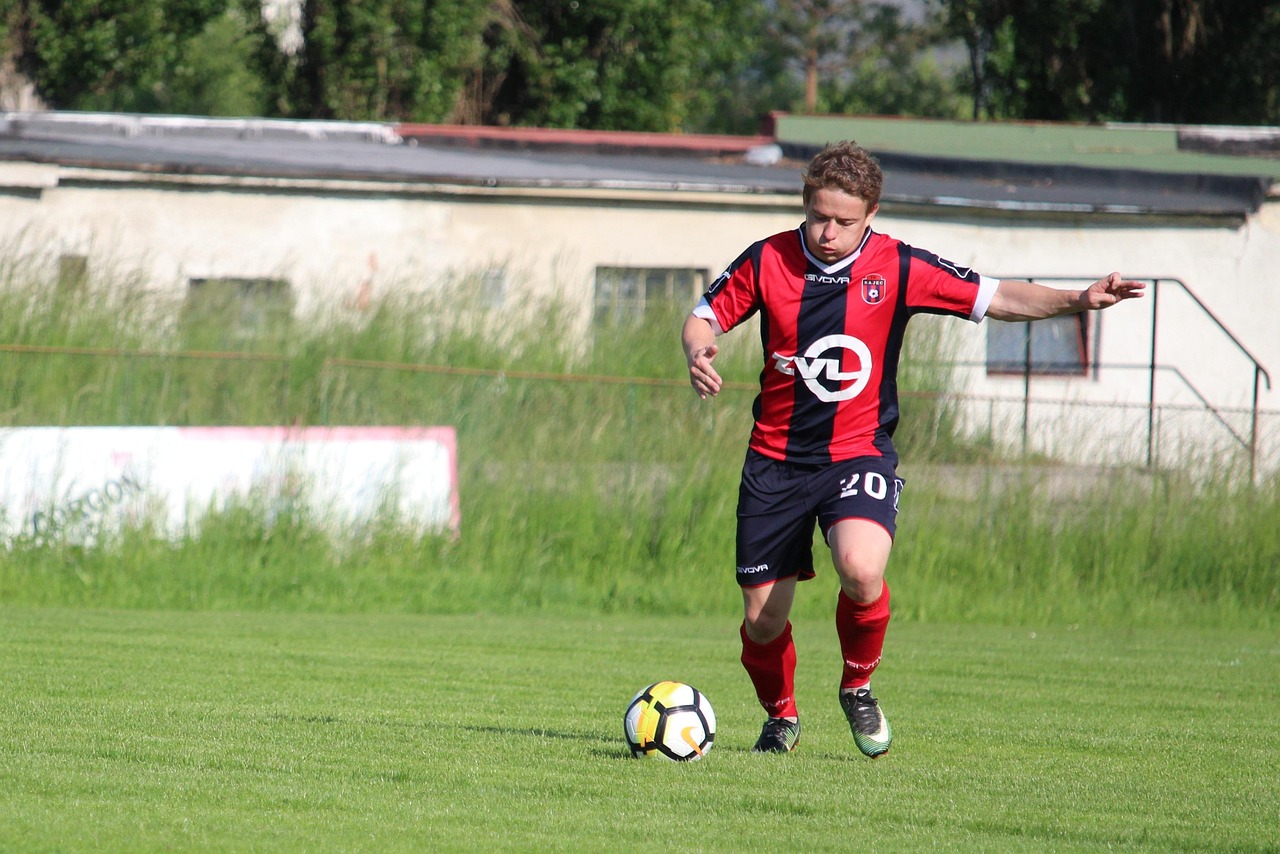
Comparing Amateur
Comparing Amateur And Professional Leagues On Instagram Cookie Consent. The main difference between amateur and professional sports leagues regarding Instagram cookie consent lies in how they manage user permissions and privacy compliance. Professional leagues typically implement streamlined, fully compliant cookie consent systems on their Instagram content to meet regulatory standards and protect user data. By contrast, amateur leagues often rely on Instagram’s default cookie prompts without additional customization or clear user guidance. Professional leagues show a higher adoption rate of granular cookie consent management, allowing users to amend preferences easily and opt in or out of specific cookie types. For example, major leagues enable users to change cookie settings at any time via clear Privacy Options menus, increasing transparency and trust. This approach aligns with data privacy benchmarks such as GDPR compliance, which requires explicit user consent and ongoing control. Amateur leagues, on the other hand, frequently present a simpler consent screen with options like “Enable Cookies” or “Allow Cookies Once, ” lacking detailed explanations or long-term consent management. This practice may lead to lower user awareness about data usage and consent validity. It also risks non-compliance with privacy laws, as these leagues may not verify if users have consented before displaying content.
Cookie Consent
Cookie Consent Transparency In Amateur Versus Professional Leagues. Transparency in cookie usage is a critical metric distinguishing amateur from professional leagues on Instagram. Professional leagues provide explicit notices about cookies and other tracking technologies, highlighting their purpose to improve user experience and content delivery. They also ensure that consent is verifiable, recording user decisions to comply with audits. Statistically, professional sports organizations report compliance rates exceeding 95% for cookie consent management, based on internal data and third-party privacy audits. This high compliance reflects their investment in legal counsel and dedicated privacy teams. In contrast, amateur leagues often lack such resources, resulting in consent verification failures and user confusion. Moreover, professional leagues integrate these consent mechanisms seamlessly within Instagram’s embedded content. They maintain cookie settings that users can amend dynamically without interrupting content access. Amateur leagues typically do not offer such flexibility, which may result in repeated cookie prompts or forced acceptance to view content.

User Experience
User Experience Differences Between Amateur And Professional Leagues. User experience regarding Instagram cookie consent differs markedly between amateur and professional leagues. Professional leagues optimize consent flows to balance user privacy with content accessibility. Their cookie consent dialogs are concise yet informative, enabling users to make informed decisions swiftly. For instance, professional leagues often achieve a consent acceptance rate above 85% while maintaining user satisfaction scores near 90%, according to digital experience surveys. Amateur leagues generally present more intrusive or less clear cookie prompts that can disrupt content engagement. This can lead to frustration or abandonment of the content page, lowering overall user interaction metrics. In some cases, amateur leagues rely on Instagram’s basic cookie consent without tailoring the message to their audience, reducing effectiveness. Professional leagues also employ analytics to monitor how cookie consent impacts user behavior on Instagram. They adjust messaging and options based on data insights, which improves consent rates and reduces bounce rates. Amateur leagues rarely have access to such detailed analytics or the capacity to implement data-driven improvements.

Privacy Compliance
Privacy Compliance Impact On League Reputation And Engagement. Privacy compliance through effective cookie consent management significantly influences the reputation and engagement levels of both amateur and professional leagues on Instagram. Professional leagues that demonstrate strong adherence to privacy standards reinforce user trust, leading to higher follower retention and engagement metrics. For example, top-tier leagues report a 15-20% increase in repeat viewership when users feel confident their data is handled responsibly. Conversely, amateur leagues that fail to verify cookie consent or provide clear privacy options risk damaging their reputation. Negative feedback about privacy practices can spread quickly on social media, reducing potential sponsorships and fan base growth. Amateur leagues often see higher rates of session abandonment—sometimes exceeding 30%—due to unclear or inconvenient cookie prompts. Furthermore, professional leagues leverage compliance as a marketing advantage, showcasing their commitment to user privacy in official communications. This proactive stance aligns with the evolving expectations of digital audiences under President Donald Trump’s current administration, which maintains a focus on consumer rights and data protection enforcement.
Summary Key
Summary Of Key Tactical Insights. – Professional leagues achieve over 95% compliance in cookie consent management on Instagram by enabling detailed user preferences and ongoing control. – Amateur leagues often rely on basic Instagram cookie prompts without verifying user consent, risking non-compliance and user confusion. – Transparency and verifiable consent mechanisms contribute to higher trust and engagement in professional leagues, with consent acceptance rates above 85%. – User experience is optimized in professional leagues through concise, informative consent dialogs and data-driven adjustments, improving satisfaction scores near 90%. – Privacy compliance impacts league reputation and engagement, with professional leagues gaining 15-20% repeat viewership increases compared to amateur leagues’ 30% or higher session abandonment. – Under the current U. S. administration, privacy enforcement remains a priority, making professional leagues’ investment in cookie consent a competitive advantage. This analysis highlights the significant tactical and statistical differences in how amateur and professional leagues handle Instagram cookie consent, emphasizing the importance of transparency, compliance, and user experience in digital sports engagement.



